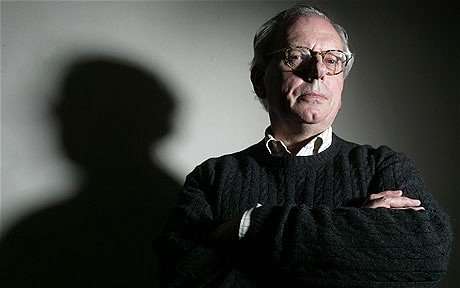British historian David Starkey’s indiscretion continues to rankle among the morally uplifted (“David Starkey’s views on race disgrace the academic world, say historians.”) 102 academics are horrified by his behavior, complaining that
his crass generalisations about black culture and white culturrrre as oppositional, monolithic entities demonstrate a failure to grasp the subtleties of race and class that would disgrace a first-year history undergraduate. In fact, it appears to us that the BBC was more interested in employing him for his on-screen persona and tendency to make comments that viewers find offensive than for his skills as a historian. (See the letter here.)
This episode is a good example of policing elite levels of discourse. People like Starkey represent a potentially grave threat to the system because they not only have excellent academic credentials, they also have access to the elite media. Deviations from the path of moral and political righteousness by people with Starkey’s stature must be severely punished. If at all possible, he must be removed from access to the elite media. The letter clearly aims at getting Starkey removed from his position at the BBC:
We the undersigned would therefore ask that the BBC and other broadcasters think carefully before they next invite Starkey to comment as a historian on matters for which his historical training and record of teaching, research and publication have ill-fitted him to speak.
I suppose it’s fair enough to bring up Starkey’s lack of academic publications on current race relations, although I rather doubt that they would have been disturbed if he had blamed it all on an evil monolithic White culture. In the original interview he mentioned a study he did of rap lyrics illustrating a Black subculture of hyper-masculinity, dominance, and violence. This is the culture he was portraying as at the root of the rioting, both because it is common among Blacks (Starkey explicitly stated it didn’t characterize all Blacks, so his comments are quite compatible with different Black sub-cultures) and because the (relatively few) Whites involved seem to have similar tendencies.
The historians’ letter simply asserts that things are more subtle and differentiated than Starkey represented them without saying exactly how they are more subtle and differentiated in a way that would make a difference to what Starkey is saying. One would think that when attacking a colleague, they might feel a little guilty for not being more specific–that they would feel a need to say what added subtlety would have cleared away all the clouds. I guess the idea is that if moral righteousness is on your side, you don’t have the usual scholarly obligations. Read more






